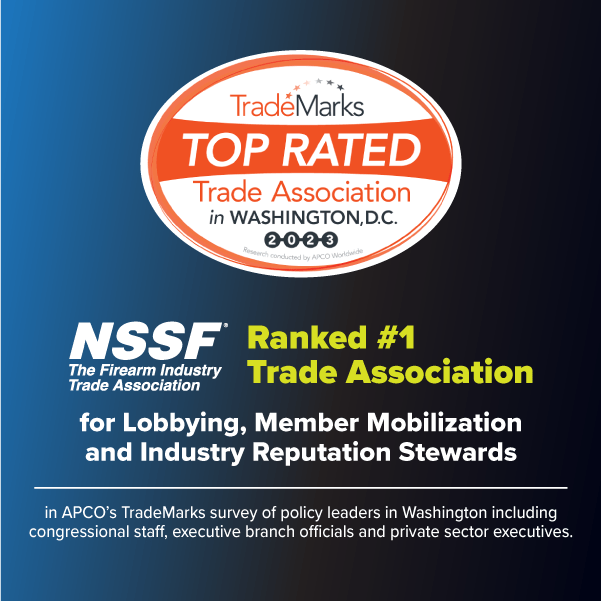 Back to News
Back to News
March 3, 2015
Crime is Down, so We can Relax, Right?
As someone responsible for running a firearm business, you are encouraged to spend some time each year and review the FBI’s annual Uniform Crime Report. It might be tempting to read the report, see all the good news like the decline in the violent crime rate by more than five percent and a drop in property crime of more than four percent and think all is right with the world. Do that, and you may even consider downgrading a security system that comes with hefty monthly fees, forgoing an after-hours security guard or reduce the number of inventory spot checks you usually perform, committing the time and dollars spent on these things elsewhere.
While any business owner would be wise to periodically shop services such as those provided by alarm companies, the truth is that if today’s FFL accepts the status quo and fails to maintain an acceptable level of store security, you encourage a rise in crime by becoming an easier target and, in turn, you increase the risk of firearms to falling into the hands of criminals. Like any other business, an owner or store operator of a firearms business has a lot to keep track of for the day-to-day operations of the store.
So what can you do to maintain a culture of store security through both the good times and the bad? Here are my top five tips:
- Educate and share your expectations with the team about why warehouse doors and display cases need to be locked, why only certain people have security codes to the alarms and the combination to the store’s safe and other store security practices you maintain. Don’t forget that NSSF has many resources available to help keep you and your staff on their toes, such as the printed materials for Don’t Lie for the Other Guy and ‘Own it? Respect it. Secure it.”
- Stay educated. Attend industry educational seminars and keep up to date on the latest security practices by reading related newsletters and blogs. When you’ve digested these materials, make this information available to your staff.
- Keep track of crime trends in your area. Don’t allow one year’s crime statistics going down to result in a relaxation of your current security protocols. Likewise, examine ways to increase your security measures when area crime is on the rise.
- Ask for help. Contact your local law enforcement and get to know the officers who patrol the beat in your store’s area. You can also ask them for a crime prevention assessment of your store, a set of trained outside eyes that can help you secure an area you may have overlooked.
- Keep your physical security equipment operating properly. Check the equipment on a routine basis and have regular maintenance performed by your system’s installer.
Criminals are constantly on the lookout for the easy target. They’re in your store during open hours watching your staff and assessing your store layout, security camera placement and more. After hours they’re driving by and around the area, gauging police and security activity and working out the timing to strike. Don’t let your business become the one at the top of their list. Stay vigilant, stay educated and maintain a dedicated focus on your store’s security plan and equipment even in the best of times — which might just help them stay that way.
You may also be interested in: Upgrading Your Security Equipment? Read This First
About the Author
Bill Napier is a member of NSSF’s retail compliance consultant team. He has more than 30 years of experience in retail loss prevention, passionately serving others in leadership roles such as site manager, corporate manager and director. Businesses have included small and growing retail chains as well as a Fortune 1000 company. For more than 18 of those 30 years, Napier has been in the retail outdoor arena with responsibility for ATF compliance and firearms-related investigations. He often serves as a guest speaker at NSSF’s SHOT Show, as well as at gatherings of the National Retail Federation (NRF), Retail Industry Leaders Association (RILA), Retail Technology (RETECH), ASIS International and The Loss Prevention Foundation, and he has spent more than 20 years in municipal law enforcement as a uniformed patrol officer, detective and supervisor. Additionally, Napier has been a state-certified law enforcement instructor and he serves as a Hunter Education instructor in Nebraska, on the ASIS Retail Loss Prevention Council, is a member of the Subject Matter Expert Committee and serves on the board of directors for The Loss Prevention Foundation.
Categories: Featured, Manufacturers, Ranges, Retailers, Top Stories









